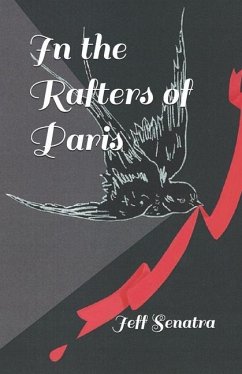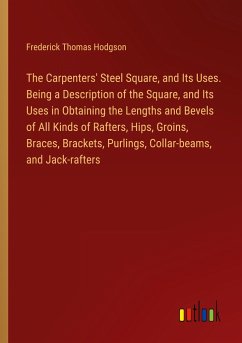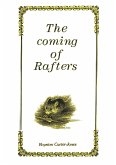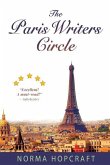In a state of profound personal crisis, a struggling American writer travels to Paris from San Francisco with just one salvaging hope: to find his words again. Emotionally unraveling in a tiny Latin Quarter apartment he's nicknamed "the rafters", Roman Parish begins writing his story-writing to save his life. Over the course of three weeks, he pours himself into six notebooks, detailing his time in Paris and the shattering heartbreak that followed him there, then abandons them and seemingly disappears. Roman's recount is the body and soul of Rafters, but the book begins with a preface conveying the story of the book itself. Attributed to Richard Fields, a San Francisco Bay Area man and proprietor of the Paris apartment, the preface explains that what we are about to read comes from the recovered notebooks which had come under his charge, describing how the abandoned work reached its present form and Fields' role in the process. The main narrative then begins, disjointed and tentative at first befitting Roman's frame of mind, but soon finds its rhythm as the story gradually unfolds. Nonlinear in structure, the narrative moves in two directions at once-backward through the past toward the foreseeable climax, while moving in the present through the climax's aftermath. Swinging back and forth from San Francisco to Paris and backward and forward in time, Roman's Paris experiences are interwoven with the greater story of his pain. At times, moments and scenes are repeated or echoed, the story seeming to spiral and swoop on itself, and the reader's first impression may be one of redundancy. But in fact, this is a major theme of the book's overall expression, and representative of Roman's mental state. Two former lovers are at the heart of it all, both nameless throughout the book (referred to only as "her" or "she"), and in the end fuse into one profound leveling force. The relationships are five years apart, and although the loss of the first was the initial blow that sent Roman reeling, it is the second, most recent relationship that has brought Roman to an existential teeter, and which the book follows in entirety. In retrospective flashes we see the story evolve over the course of a year from its euphoric origins through to its slowly degenerating, yet abrupt collapse. In the latter part of the book another loss is revealed that proves an exacerbating, if not equal torment. This element of the story compounds Roman's haunting and resurfaces after the climax in a scene that takes place within Notre Dame Cathedral (a recurring symbol throughout the story), which then leads to the book's final image of surrender and release. Intertwined with Roman's past tale is the record of his present trip, and the characters he interacts with while in Paris. Paris itself is presented as a kind of character here and is central to the story. Having played a role in the history of both relationships, the city is like an interfering lover to whom Roman impetuously returns when his world crashes down around him. The most important human character he meets while in Paris, however, is Matice, a recent transplant from Turkey. Her name is the very first word of the main narrative, but she does not reappear until the second half of the book. Matice helps Roman both survive his trip and assess his past while lightening the story and propelling it forward. Though romantic in nature, In the Rafters of Paris is no romance novel. It aspires to serious, literary effort that blurs genres-part fiction, part memoir, part travelogue. It attempts to explore truth and what it means to love, and the folly and misinterpretations of best intentions failed. Beyond these efforts, however, Rafters' deeper expression is that of PTSD-Post Traumatic Stress Disorder. Ultimately and foremost, it is a record of this ravaging affliction.
Hinweis: Dieser Artikel kann nur an eine deutsche Lieferadresse ausgeliefert werden.
Hinweis: Dieser Artikel kann nur an eine deutsche Lieferadresse ausgeliefert werden.








